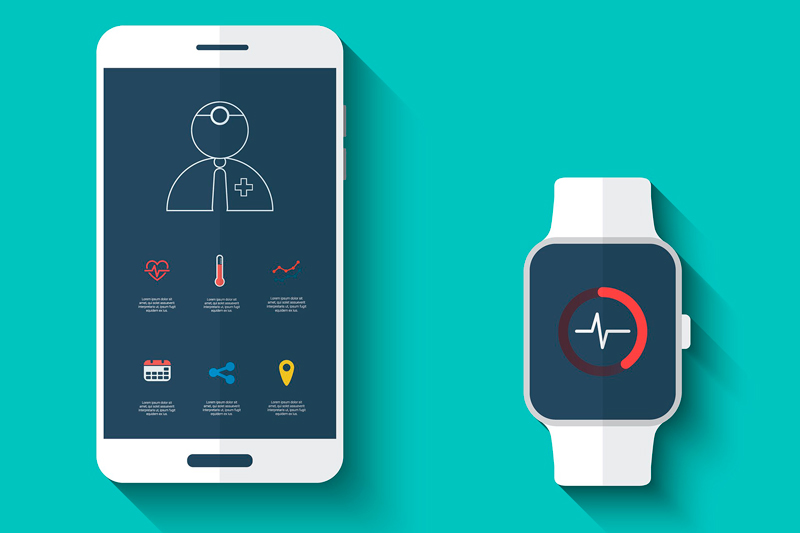Top Stories

Can medical apps improve healthcare outcomes?
Healthcare apps are on the rise as the smartphones and laptops we use to coordinate our lives are increasingly becoming our medical providers. Current estimates put the number of healthcare apps available at more than 40,000 and a new study estimates that one and a half billion smartphone users have a health app installed. This number is set to treble in the next three years.
Medical apps have high potential
Consumer apps have the potential to play a large part in the prevention and treatment of disease – resulting in improved health measures and outcomes, and a more efficient healthcare system. As the mobile health app market matures, the IMS Institute for Healthcare Informatics projects that apps will progress “from being recommended on an ad hoc basis by individual physicians, to systematic use in healthcare, and ultimately to an end goal of being a fully integrated component of healthcare management.” However, there are some major hurdles to be overcome before the dream is fully realised. Problems include:
Lack of quality control
Although there are so many health apps, little guidance on quality is currently available. In fact, the research from the IMS shows that fewer than 25 percent of medical apps available today offer patients legitimate medical information.
Medical apps must be carefully evaluated before we can trust them to monitor health. For example, a recent study into hypertension apps found that many make medical claims without clinical validation or FDA approval. Research by the Journal of the American Society of Hypertension found that 14% of the top 107 hypertension apps in the Google Android store made medical device claims. The apps claimed to accurately measure blood pressure using the smartphone’s camera. In fact, there is no evidence that measuring blood pressure with a camera is effective. A patient using one of these apps to manage hypertension risks seeing their condition worsen as a result of incorrect information.
Privacy risks & limited legal recourse
Experts are concerned that huge amount of personal and medical data held by mobile medical apps could risk the privacy of patient health data. Some clinically-accredited smartphone health apps may be sending unencrypted personal and health information, putting the privacy of users at risk.
Due to the unregulated market, legal options are limited if something goes wrong after relying on a medical app. A representative from the medical law firm Patient Claim Line recently stated that "health app developers are unlikely to face medical negligence suits for a misdiagnosis, since there's no doctor-patient relationship between the app developer, the provider and the patient. That's one of the reasons patients should always communicate with the doctor if they are using a health app, and check the accuracy of the information it provides."
Lack of regulation
Lack of regulation is another reason that low quality apps may be on the market. The app industry, government and the public are moving to address lack of regulation. All realize it is important for mobile health apps to be reviewed, approved and properly regulated by governments and their health authorities.
Several app accreditation programmes have been launched to address concerns about the quality and safety of health apps.One example is the UK’s National Health System (NHS) Health Apps Library; a curated list of apps for patient and public use. Under this programme, registered apps undergo an appraisal process that examines clinical safety and compliance with data protection law.
As issues are addressed, the future for mobile app uptake looks bright
As the IMS Institute for Healthcare Informatics states, “The movement toward digital therapeutics is clear.” Not only are more than a billion medical apps being used today, there are high incentives for all medical stakeholders to move towards a higher use of apps. As healthcare payers and providers recognise the potential benefit apps can bring, app developers will be motivated to ensure privacy and security of patient data, which will in turn encourage the medical sector to evaluate healthcare apps and to integrate them with other health IT offerings. Mobile medical apps are fast becoming an integral part of wellness.



Comments